Mastering Kung Fu requires unwavering dedication, discipline, and the willingness to spend countless hours refining every movement and principle. It takes a lifetime to truly understand and master your body—both physically and mentally. The internal and external processes of Kung Fu are difficult to learn and require continuous effort, adjustment, and refinement. An Jian Qiu has dedicated his entire life to the study and practice of Kung Fu, continually refining his techniques and adapting his understanding of the art. Even now, he remains committed to his training, always seeking improvement. At our school, we emphasize the same level of commitment, encouraging students to push their limits and embrace the lifelong journey of mastering Kung Fu.
- de
- en
An Jian Qiu
安剑秋
An Jian Qiu is a 5th-generation inheritor of his family's Wushu tradition, a lineage strongly centered on Baji Quan, Bagua Zhang, Xing Yi Quan and Taiji Quan. Born into a lineage of martial artists, his martial arts journy begane at age 6. e endured a childhood of strict martial arts training under his father, An De Sheng, mastering the physical techniques and deeply learning the philosophical concepts of traditional Chinese Wushu.By 16, he was training full-time, assisting his father at the family school and expanding his knowledge in An Family Taijiquan, Xingyiquan, and Baguazhang. At 19, he began specializing in combat training, learning Sanda.
An Jian Qiu's teaching career spans China and the international stage. He taught at Beijing Sports University, learning valuable experience from Master Shi ShenLin in LangFang, and founded the An Family Kung Fu and Traditional Culture Academy in Dezhou. He has also taught wushu as the headcoach at the Yunfei Wushu School in Hebei Province and at the MMA gym of the Beijing Culture and Language University in Beijing. His teaching philosophy integrates traditional Wushu with modern fighting methods, emphasizing practicality and respect for martial arts traditions. Over the years, he has instructed hundreds of students from different backgrounds, both in China and abroad.
Driven by a passion for combat and self-improvement, An Jian Qiu pursued competitive martial arts, excelling in San Da (Chinese Kickboxing) and traditional Wushu. He earned national recognition by winning first place in Xing Yi Quan and Baji Quan competitions in China, affirming his expertise in both internal and external martial arts. His relentless training, however, led to severe injuries, forcing him to reconsider his approach to martial arts.This period of reflection and recovery led to a profound understanding of Qi Gong, internal martial arts, and the ethical and health cultivation aspects of Wushu, moving beyond a purely combative focus.
His competitive achievements include:
- Beijing Martial Arts Youth Festival Champion (2001)
- National Bagua Zhang Invitational Championship Runner-Up (2002)
- National Wushu Sanda Competition Champion (Baoding, 2004)
- Shandong Traditional Martial Arts Competition Bajiquan Champion (2010, 2015)
- Shandong Traditional Martial Arts Competition Staff Category Champion (2014)
- International Youth Wushu Festival Champion (Beijing, 2014)
- China Martial Arts Tournament Baji Quan Champion (Tianjin, 2016)
- China Wuzhong Bajiquan Invitational Tournament Baji Quan Champion (Tianjin 2017)
With a growing reputation in the global martial arts community, An Jian Qiu has conducted seminars and workshops across Europe since 2012, including Germany, Netherlands, Spain, Italy, Greece, Switzerland and Austria. His mission is to promote authentic Chinese Wushu worldwide, ensuring that future generations, both in China and internationally, its practical fighting methods and its rich philosophical and traditional depth. By bridging tradition and modernity, An Jian Qiu contributes to the evolution of chinese martial arts, staying true to his family's legacy while adapting to the evolving martial landscape.
Kung Fu Styles
At our school, we teach traditional martial arts as well as Sanda. Our core styles include Baji Quan, Xingyi Quan, Baguazhang, Taijiquan, and Sanda. For more detailed information about each style, please click through to the individual martial arts templates.
Culture
文化
Kungfu (Gongfu) is not only a martial art but a deeply ingrained way of life in China, developed over thousands of years. Chinese martial arts have roots tracing back to ancient times, with traditional accounts placing their origins as far back as the Xia Dynasty (2070-1600 BC), where they were originally used for military purposes and self-defense. During the Zhou Dynasty (1046-256 BC), martial arts began to be systematically studied and codified, with various styles and techniques emerging. The emphasis on weaponry and strategy during the Warring States period (475-221 BC) further refined martial practices, laying the groundwork for the diverse forms of Kungfu we see today. Over time, Kungfu evolved into a practice that also focuses on personal growth, discipline, and spiritual development.
One of the most famous aspects of Kungfu is its association with the Shaolin Temple, founded in the 5th century. Located in Henan Province, the Shaolin Temple became a center for martial arts training, attracting both Chinese and foreign practitioners. The temple's location at the foot of the sacred Song Mountain provided a serene and conducive environment for martial and spiritual cultivation. Shaolin monks are renowned for their unique style of Kungfu, which integrates physical strength with meditation and philosophy, making it a symbol of Chinese martial arts worldwide. The development of Shaolin Kungfu is also intertwined with the introduction of Chan Buddhism to China, further enriching its philosophical depth.
Kungfu is also tied to historical figures such as Guan Yu, a legendary general from the Three Kingdoms period (220-280 AD). Known for his loyalty, courage, and martial prowess, Guan Yu has become a symbol of honor and justice in Chinese culture. His iconic weapon, the Green Dragon Crescent Blade, is often depicted alongside him, symbolizing his martial mastery. His story has inspired countless martial artists, who view him as a model of virtue and strength. The influence of Guan Yu extends beyond martial arts, as he is also revered in Daoism and Confucianism, highlighting his cultural significance.
In the 1970s, traditional and modern Kungfu experienced a surge in global popularity, largely due to the influence of iconic figures in cinema. Bruce Lee, with his innovative Jeet Kune Do and charismatic screen presence, revolutionized the portrayal of martial arts in film, bringing Kungfu to a massive international audience. Following his success, actors like Jackie Chan, known for his acrobatic style and comedic timing, Jet Li, with his elegant Wushu background and captivating performances in period films, and Donnie Yen, renowned for his powerful Wing Chun and modern action sequences, continued to captivate audiences, solidifying Kungfu's place in popular culture and sparking a worldwide interest in Chinese martial arts. The rise of Kungfu films also led to a greater appreciation for the cultural and philosophical aspects of Chinese martial traditions.
Chinese culture itself is rich and diverse, with influences from millennia of history. It values respect for tradition, family, and harmony. Guiding principles from Confucianism, Daoism, and Buddhism permeate many aspects of daily life. Artistic expressions, such as calligraphy and painting, often reflect philosophical concepts of balance and harmony with nature, while traditional music and poetry celebrate the beauty of the natural world. Kungfu culture is also deeply embedded in these principles, emphasizing concepts like 'Tiandi' (天地) and 'Tianxia' (天下). 'Tiandi' refers to 'Heaven and Earth,' representing the interconnectedness of all things and the balance between opposing forces, a core concept in Daoism and often reflected in Kungfu's emphasis on harmony and fluidity. 'Tianxia' translates to 'All under Heaven,' signifying a sense of universal responsibility and a shared world, reflecting the Confucian ideal of social harmony and the Kungfu practitioner's role in upholding justice and virtue. China's rich culinary traditions, with their regional diversity and attention to seasonal ingredients, are a tangible part of the country's cultural wealth. Training in China offers a unique opportunity to experience this cultural heritage firsthand while developing your martial arts skills in an authentic environment.
Family History and Lineage
家族历史
The lineage of Baji Quan practiced by the An family originates from Wang Jing Po, a master of the 'Yan Shan' style of Baji Quan. This lineage can be traced directly back to the art's creator, Wu Zhong, through his daughter Wu Rong and Wang Jing Po’s teacher, Liu Da Jia Zi. Liu Da Jia Zi significantly refined the style before passing it to Wang Jing Po, who later taught An Ji Hai in Tian Jin. At a young age, An Ji Hai also learned some Baji basics from Li Shuwen, one of the most famous Baji masters. However, since Li Shuwen was already quite old at the time and no longer taught as actively, his influence on An Ji Hai’s development remained limited. Under Wang Jing Po’s strict and precise guidance, An Ji Hai developed exceptional mastery, ensuring that the art was preserved and deeply ingrained in the An family. Since An Ji Hai’s generation, Baji Quan has been passed down through each subsequent generation of the An family. Today, this tradition continues under Master An Jian Qiu, who carries the family’s legacy of Baji Quan into the modern era, upholding its principles and teaching its explosive techniques to new practitioners.
Xing Yi Quan, the first internal martial art incorporated into the An family’s Wushu, is renowned for its direct, powerful movements and its emphasis on harmonizing mind and body. The An family learned the Shenxian style of Xing Yi Quan from Master Liu Yun Ji, a disciple of Li Cun Yi, who was a student of Liu Qi Lan—himself a direct successor of the style’s founder, Li Ruo Neng. Initially known as "Xin Yi Quan" ("Heart-Mind Fist"), this art focuses on developing unity of intention (Yi) and energy (Qi) through foundational practices. An Ji Hai’s rigorous training and decades of dedication ensured that Xing Yi Quan became a vital part of the An family’s Wushu heritage. Today, this lineage continues to be taught by Master An Jian Qiu, preserving its traditions and principles.
Bagua Zhang, known for its signature circle-walking and intricate palm techniques, was introduced to the An family by Master Gao Yi Sheng. Gao’s lineage traces back to Cheng Ting Hua, a close disciple of Bagua Zhang’s creator, Dong Hai Chuan. Inspired by Taoist principles, Dong Hai Chuan designed Bagua Zhang to integrate eight fundamental elements into martial practice. Its flowing, circular movements mimic the Taoist ritual of circling a fire, symbolizing balance and transformation.Gao Yi Sheng innovated Bagua Zhang further, creating Hou Tian (Post-Natal) Bagua and integrating it with Xian Tian (Pre-Natal) Bagua. An Ji Hai, as one of Gao’s distinguished students, brought this unique style into the An family’s martial practice. Today, Master An Jian Qiu continues to teach both Xian Tian and Hou Tian Bagua, maintaining this essential part of their Wushu tradition.
Taiji Quan, famed for its graceful, meditative movements and focus on internal energy, was introduced to the An family by Qu Ke Zhang, a close friend of An Ji Hai and a Taoist monk from the Jing Yi An Temple in Tian Jin. Qu studied an ancient style of Taiji, passed down by Taoists from the Wudang Mountains, and excelled in Taiji sword forms. His education was enriched by interactions with numerous martial arts masters, including Cheng You Long, the son of Bagua Zhang master Cheng Ting Hua. Encouraged by their shared teacher Gao Yi Sheng, Qu taught An Ji Hai the intricate Taiji sword forms and internal principles through methodical repetition. Beyond martial arts, Qu Ke Zhang introduced An Ji Hai to traditional Chinese medicine, Taoist Qigong, meditation, and philosophy. Today, Master An Jian Qiu carries forward this rich Taiji Quan tradition, sharing its profound teachings with new generations.



